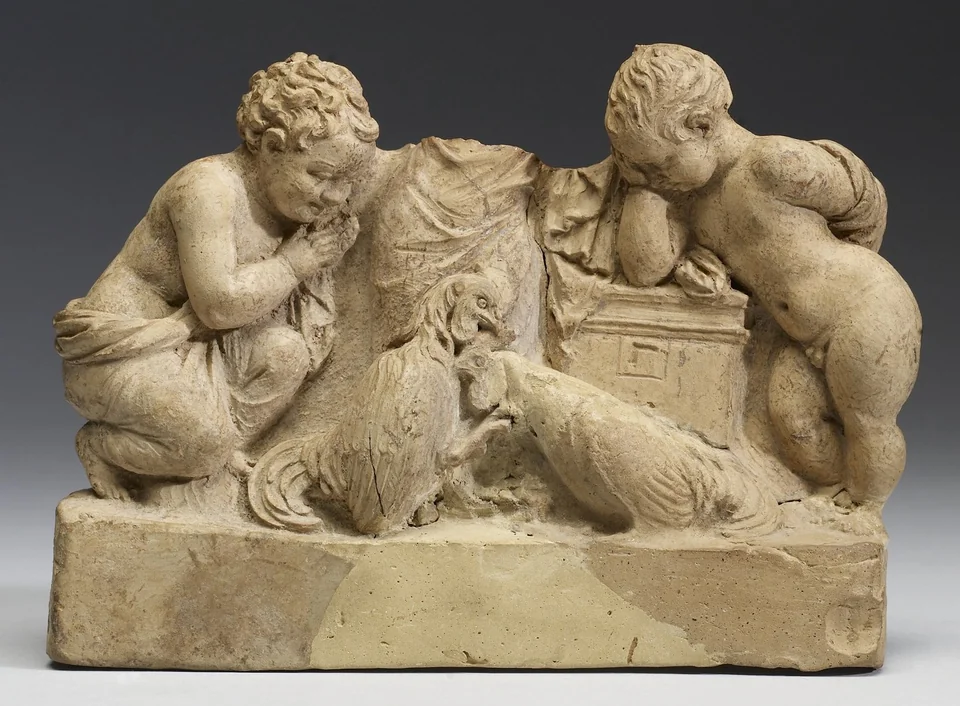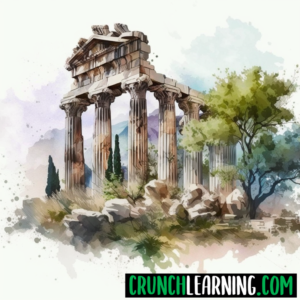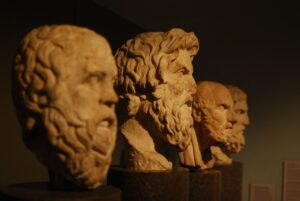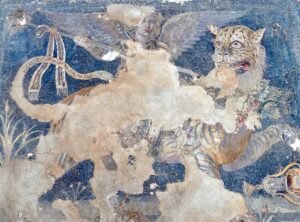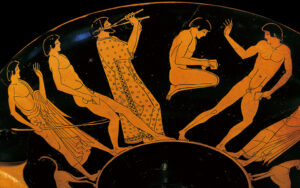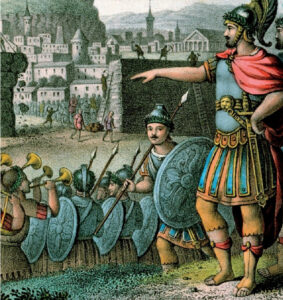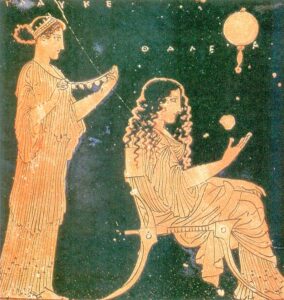Children in ancient Greece were important to the overall ancient Greek society and culture. For instance, children in ancient Greece played important roles in their families and communities. Ancient Greece was a society that valued education and placed great importance on the upbringing of their children. From a young age, children were taught the values and beliefs of their culture and were trained to become successful citizens. In this article, we will delve into the lives of children in ancient Greece, exploring their education, daily routines, and more.
Education of Children in Ancient Greece
Education was a crucial aspect of life in ancient Greece and was considered essential for a child’s future success. Boys, in particular, received an education that was centered around physical, intellectual, and moral development. They were taught reading, writing, and arithmetic in schools known as “gymnasia” where they also participated in physical activities such as wrestling, running, and jumping. The goal of education was to create well-rounded individuals who could contribute to society in meaningful ways.
In terms of social class, children from wealthy families had greater opportunities for education and were more likely to receive a formal education. Children from lower classes, on the other hand, were more likely to be trained in a trade or apprenticeship from an early age to help support their families.
Girls were not typically educated in the same way as boys, but some wealthy families hired tutors to teach their daughters at home. For instance, girls in ancient Greece were given an education that prepared them for a different set of duties. More specifically, ancient Greek women were generally tasked with managing the household, raising children, and supporting their husbands in their public roles. As such, girls in Ancient Greece were usually educated at home by their mothers in domestic skills such as cooking, weaving, and spinning.
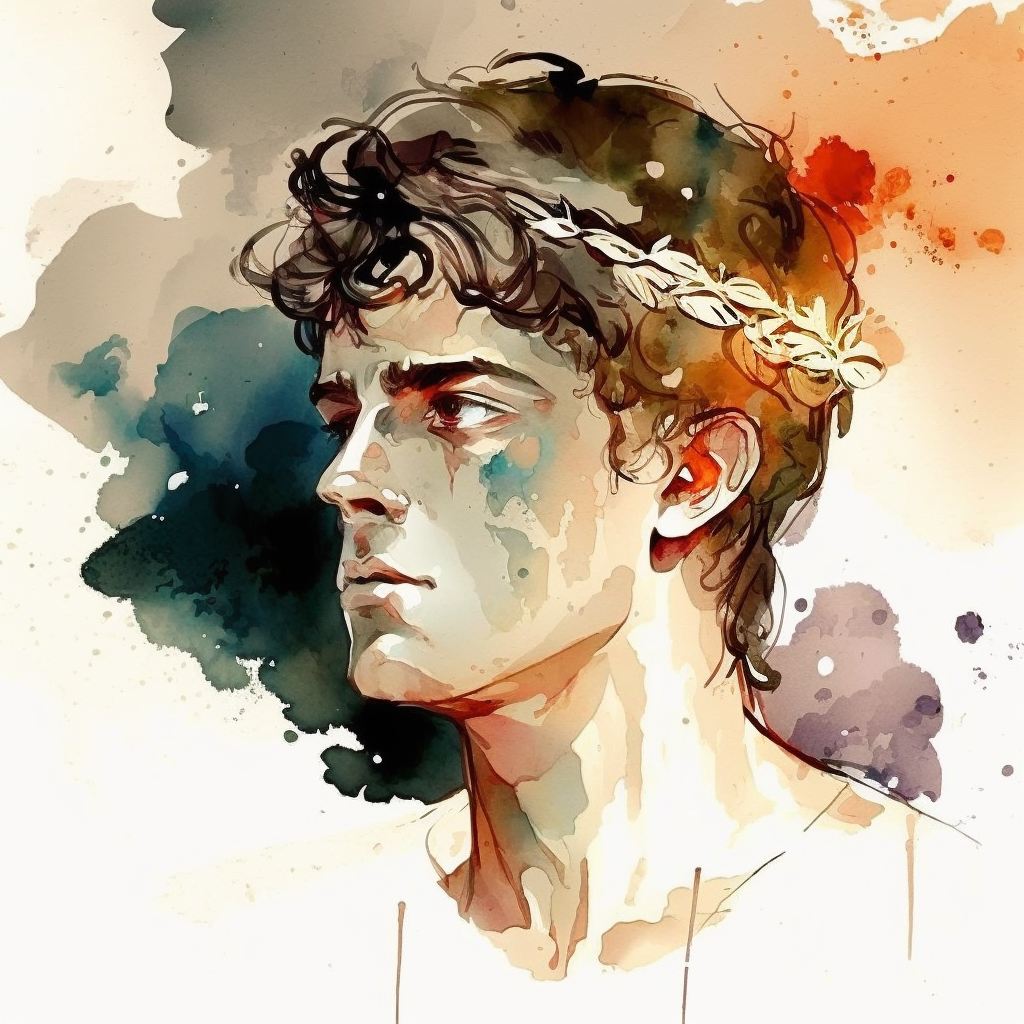
Daily Life for Children in Ancient Greece
Daily life for children in ancient Greece was largely centered around their education and training. During their free time, boys participated in sports and other physical activities, while girls learned domestic skills such as weaving and cooking. For both boys and girls, the focus was on preparing for their roles as adults in ancient Greek society.
Children also spent time with their families, participating in religious celebrations and other social events. For example, festivals and games were enjoyed by most people in ancient Greece.
Role of Parents in Ancient Greece
Parents played a significant role in the upbringing of their children in ancient Greece. They were responsible for ensuring their children received a proper education and instilling in them the values and beliefs of their culture. In addition, parents were expected to provide for their children and ensure their safety and well-being.
Children were also expected to obey and respect their parents and older members of the community, and to honor the gods and goddesses of Greek religion.
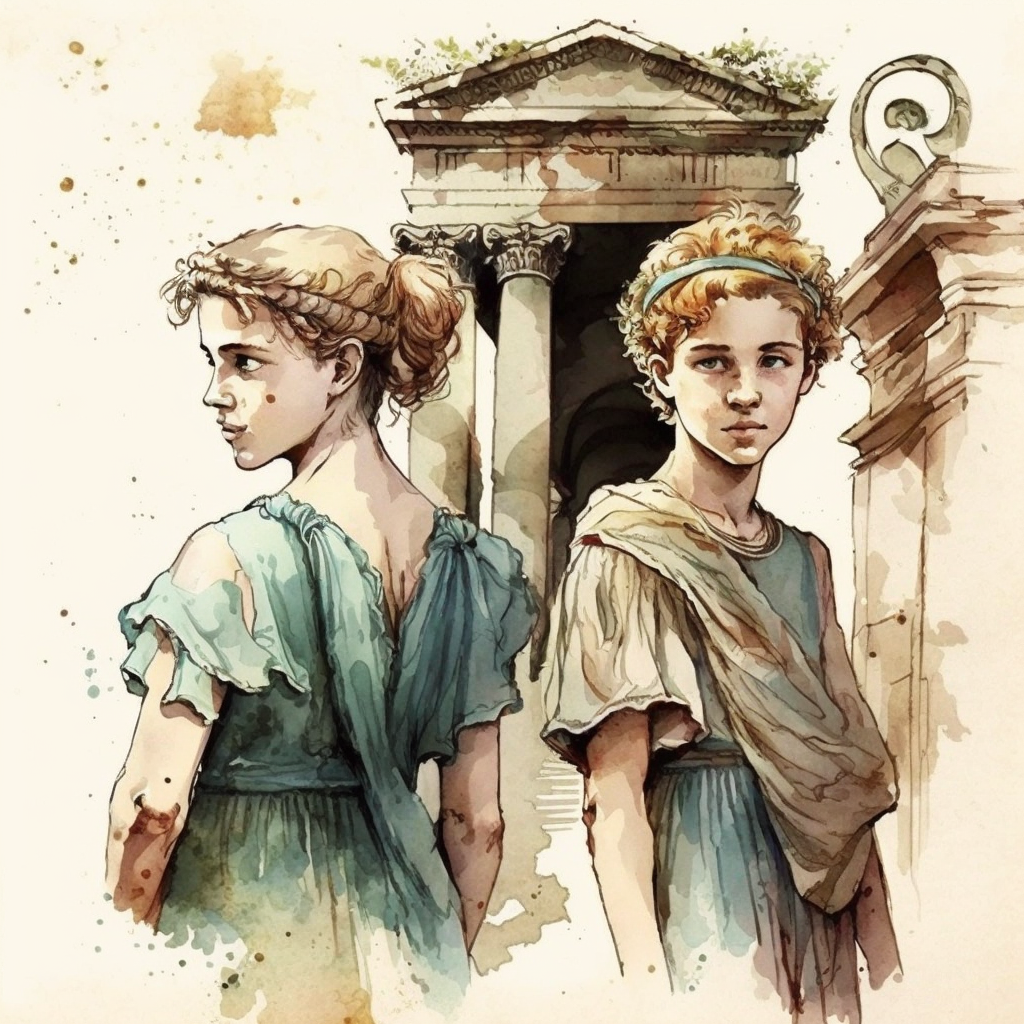
Significance of Children in Ancient Greece
Overall, the role of ancient Greek children varied depending on their gender, social class, and the specific city-state in which they lived. Boys were expected to receive a formal education that would prepare them for their future roles as citizens, soldiers, and leaders, while girls were educated in domestic skills. Daily life was centered around their education and training, and both parents and the state played important roles in their upbringing. Children were also expected to obey and respect their parents and older members of the community, and to honor the gods and goddesses of Greek religion.

